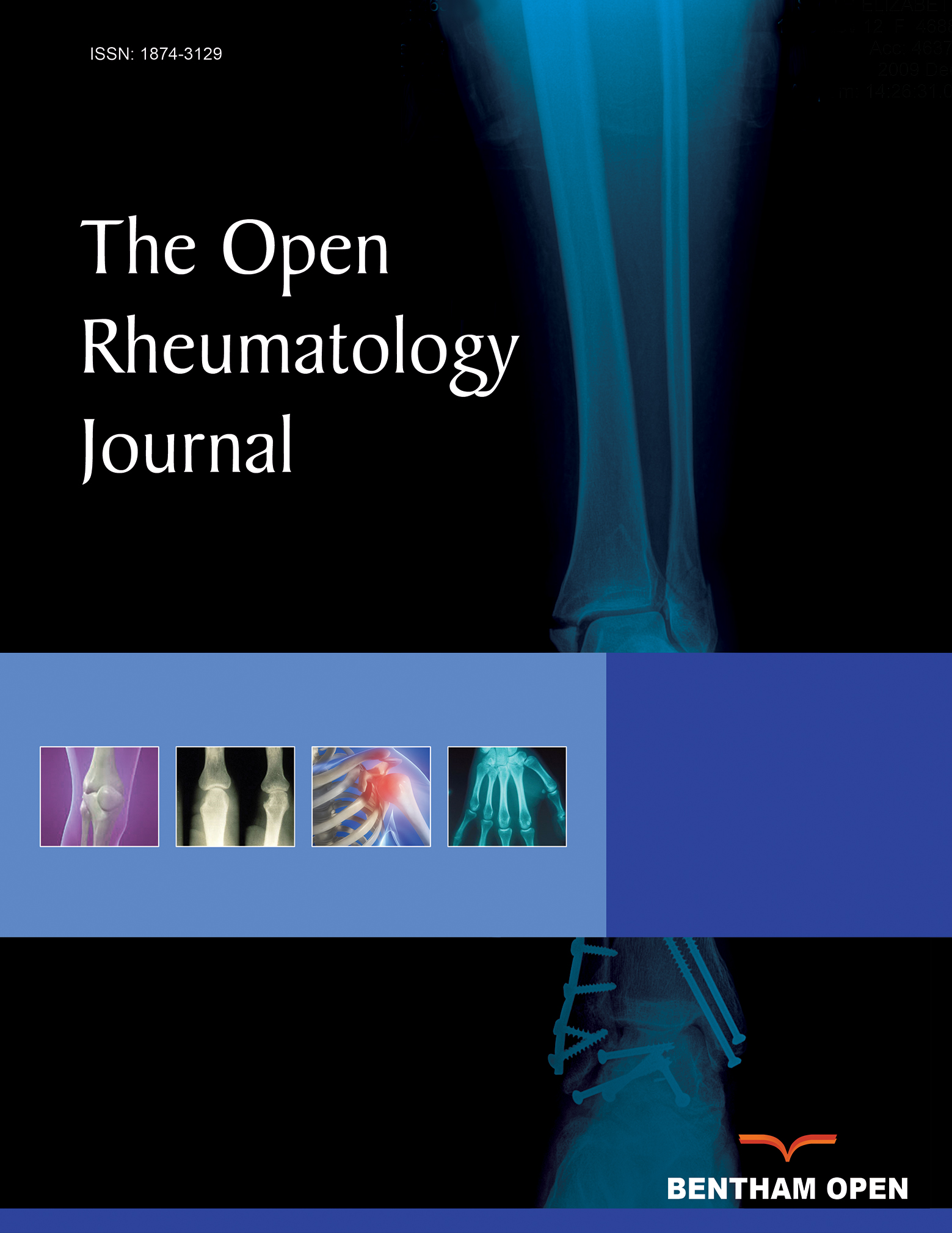All published articles of this journal are available on ScienceDirect.
Fibromyalgia Concomitant with Seropositive Rheumatoid Arthritis in a Tertiary Hospital in South-Western Saudi Arabia: Prevalence and Treatment Patterns
Abstract
Introduction:
Rheumatoid arthritis (RA) patients with fibromyalgia syndrome (FMS) report worse functional status and quality of life hence the association has important clinical implications. FMS can be challenging to treat, and the current evidence recommends a multidisciplinary treatment approach focused on symptom management.
Aim:
Information regarding the current prevalence of FMS in RA patients is lacking. Thus, this study aims to address the prevalence and predictors of FMS in seropositive RA patients and demonstrate our clinical practice in the management of FMS.
Methods:
Participants’ data was gathered from Aseer central hospital (ACH) rheumatology clinics and daycare units over a period of 2 years. Subjects were assessed using the 2010 American College of Rheumatology (ACR) criteria for FMS. Data were collected from medical records, including patient demographics, comorbidities and concomitant FMS-related data.
Results:
Out of 310 seropositive RA patients, 15% (n = 47) fulfilled the diagnostic criteria for FMS. Of them, 29, 11 and 7 were on pregabalin, amitriptyline and duloxetine, respectively. Half of FMS patients showed one or more therapy changes. A significant difference between RA patients with and without concomitant FMS was observed, including age, gender and comorbidities.
Conclusion:
In this retrospective study, a high prevalence of FMS in individuals with seropositive RA was identified. This study explores real-world practice in the treatment of FMS with remarkable findings regarding underdosing and lower discontinuation rate of pregabalin.


